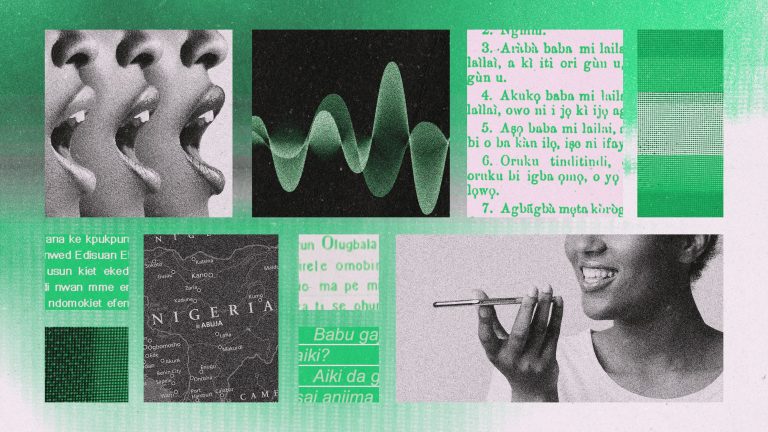- Awarri collaborates with Nigerian government and organizations to boost representation of local languages in AI.
- Founded in 2019 by Silas Adekunle and Eniola Edun, Awarri aims to promote Nigerian presence in AI.
- Despite skepticism, Awarri’s track record in gaming and initiatives like LangEasy show potential for success.
- The company inaugurated a data annotation lab in 2023, signaling commitment to AI talent development.
- Awarri leverages OpenAI’s GPT-4 while also focusing on building its language model from scratch.
- Collaboration with data collectors across Nigeria and ambitious targets for training indicate a significant effort.
- Uncertainties remain regarding infrastructure challenges, data usage guidelines, and operational framework post-completion.
Main AI News:
Awarri has been enlisted to bolster the representation of Nigerian languages in AI. Nigeria’s technology minister, Bosun Tijani, declared earlier this year the country’s plan to develop its own substantial language model, adept in five low-resource languages and accented English. Tijani emphasized that this initiative would enhance the inclusion of Nigerian languages in the global landscape of artificial intelligence.
The project is slated to be a collaborative effort involving the nonprofit Data.org, alongside two governmental entities—the National Information Technology Development Agency and the National Centre for Artificial Intelligence and Robotics—alongside Awarri, a Lagos-based startup. Victor Famubode, a seasoned professional in Nigeria’s AI sector, expressed surprise at the involvement of Awarri but stressed the importance of promoting local companies like it.
Awarri’s co-founders, Silas Adekunle and Eniola Edun, established the company in 2019 with a mission to foster Nigerian representation in the AI sector. Despite skepticism from some AI and tech experts about partnering with a small startup for such a significant task, others see potential in Awarri, drawing parallels with the early days of OpenAI.
Before founding Awarri, both Adekunle and Edun were immersed in the gaming industry. Edun co-founded Gamr, a gaming platform, while Adekunle gained prominence for Reach Robotics’ deal with Apple in 2017. Awarri later acquired the rights to MekaMon, a gaming robot, and introduced it into Nigerian schools to promote computer science education.
In November 2023, Awarri inaugurated a data annotation lab in Ikorodu, Lagos, intending to serve as an AI talent development hub. With over 100 employees, the lab focuses on data annotation, language model creation, and AI app development, indicating Awarri’s commitment to fostering AI expertise locally.
Awarri’s recent launch, LangEasy, enables smartphone users to contribute to training their language model through voice and text inputs, further facilitating data collection for their AI initiatives. While leveraging OpenAI’s GPT-4 foundation model, Awarri emphasizes the importance of building its model from scratch to capture the nuances of Nigerian languages.
Currently collaborating with data collectors across Nigeria, Awarri aims to train its language model on extensive audio data, with ambitious targets for text token parameters and pre-training samples.
Despite uncertainties regarding Awarri’s capacity, its founders’ track record, and government support, some experts express cautious optimism about the project’s potential benefits for Nigeria’s AI landscape. However, questions remain about infrastructure challenges, data usage guidelines, and the model’s operational framework post-completion, underscoring the need for clear guidelines and transparency.
While the project’s outcomes remain uncertain, stakeholders like Fu’ad Lawal see it as an essential experiment with potentially significant benefits for Nigeria, emphasizing the importance of embracing experimentation in frontier technologies like AI.
Conclusion:
Awarri’s endeavor to advance Nigerian languages in AI through collaboration with the government and various stakeholders represents a significant step forward for the local AI market. Despite uncertainties and challenges, the initiative demonstrates potential for fostering indigenous AI expertise and innovation, which could contribute to Nigeria’s broader technological advancement and economic growth.

